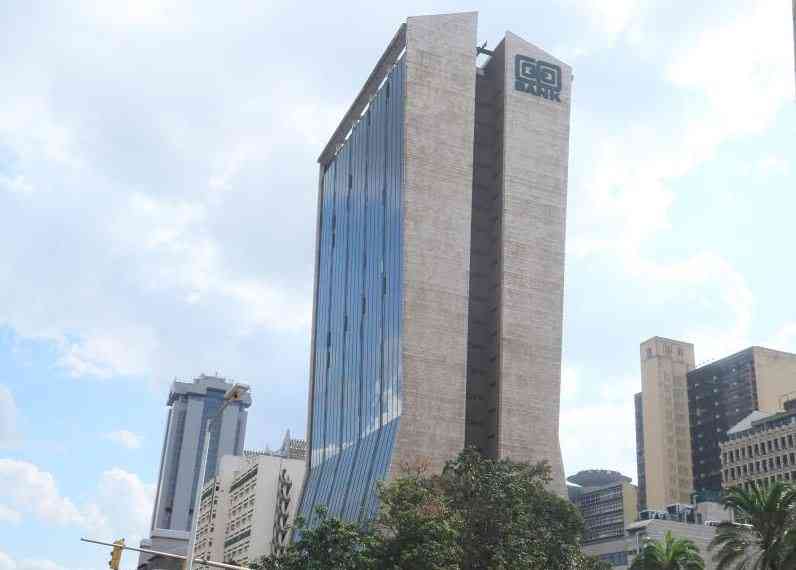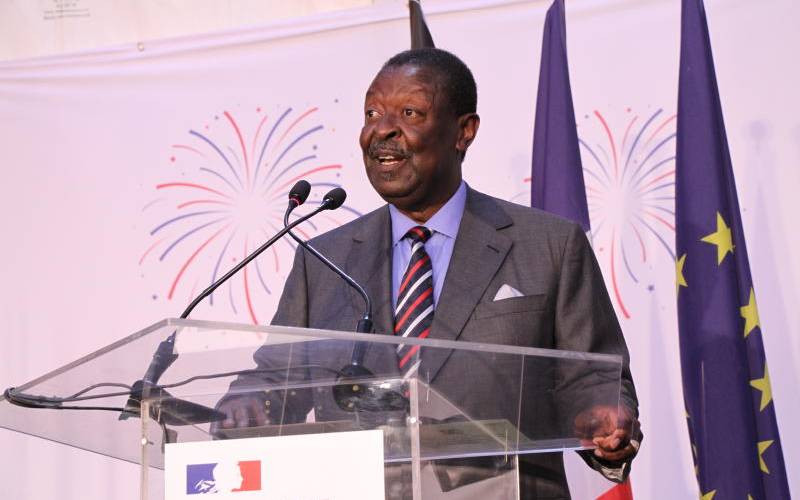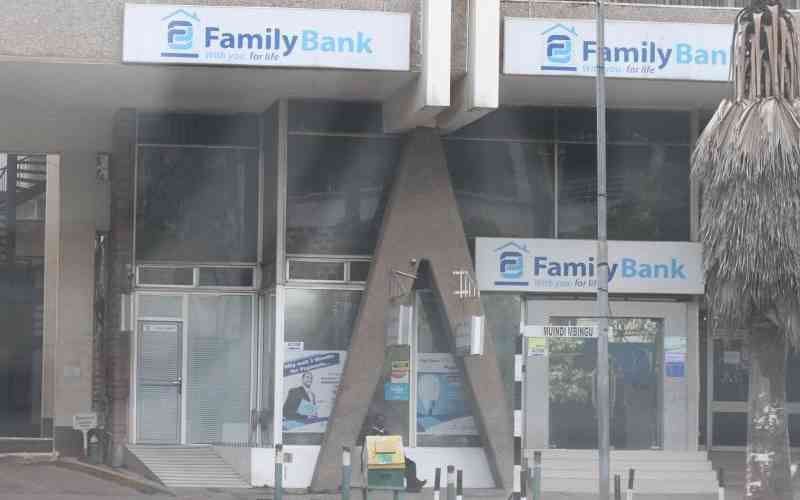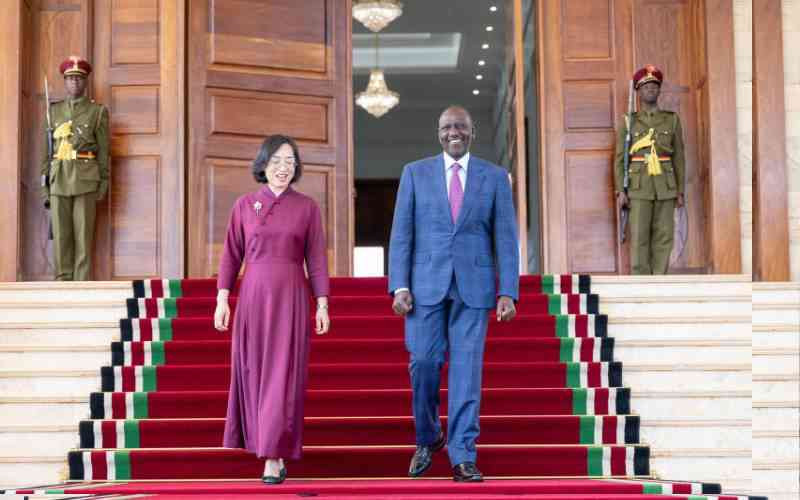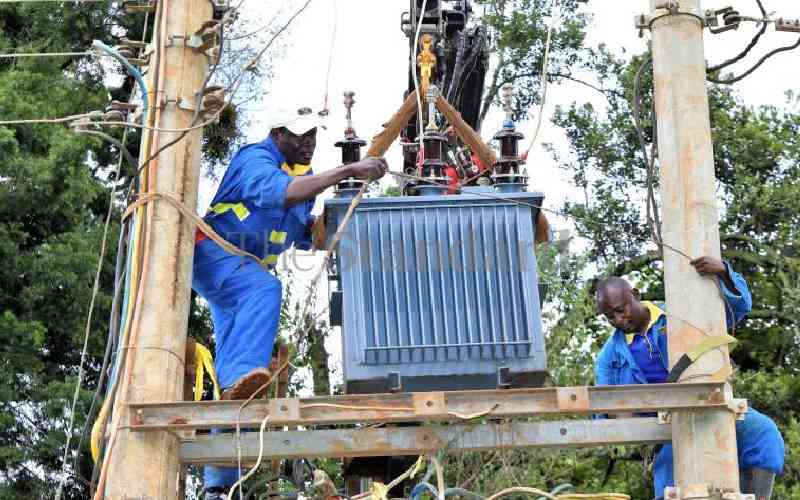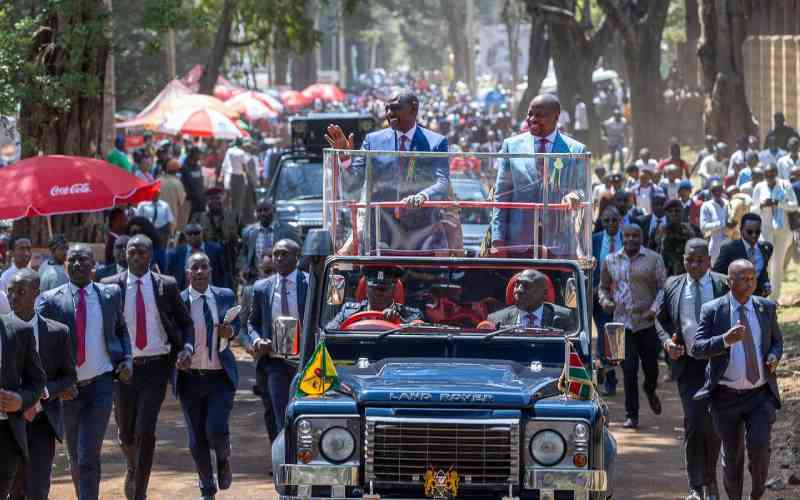
President William Ruto has highlighted his administration’s commitment to reducing food imports and improving production.
The Head of State noted that, with 7.1 million farmers now digitally registered and policy guided by real-time data, the government is looking to transform agriculture into a driver of inclusive growth, higher farmer incomes, and national self-sufficiency.
Speaking during the opening of the Nairobi International Trade Fair on Wednesday, October 1, Ruto said the reforms were already bearing fruit, with production rising and the burden on consumers easing.
“Agriculture and trade are the twin engines that drive Kenya’s inclusive growth and national development,” he said.
He added that Kenya is laying a foundation to reduce the Sh400 billion worth of food imports still entering the country annually by adapting to climate change, embracing equity, and leveraging innovation to unlock its full potential.
This year’s fair, themed “Promoting climate-smart agriculture and trade initiatives for sustainable economic growth”, comes at a time when Kenya is turning the corner in its long struggle with food insecurity.
He stated that Kenya’s agricultural output has been constrained by droughts, floods, erratic rainfall, costly inputs, and weak markets.
But through reforms such as fertiliser subsidies, maize imports have dropped by 70 per cent from 9.9 million bags in 2022 to 3 million in 2024 and are expected to fall this year.
Fertiliser prices have fallen from Sh7,500 to Sh2,500 per 50kg bag, saving farmers Sh105 billion, while maize production has risen from 67 million bags in 2024 to an expected 70 million this year.
President Ruto noted that a Sh3.7 billion concessionary loan secured for the Kenya Tea Development Agency will modernise factories, lower costs, and diversify into orthodox tea.
He noted that Kenya will no longer be an exporter of raw produce; instead, investments in special economic zones, county aggregation and industrial parks, and common-user facilities will ensure value addition, create jobs, and raise farmer incomes.
These facilities will also curb exploitation by brokers while linking farmers directly to local and global markets.

